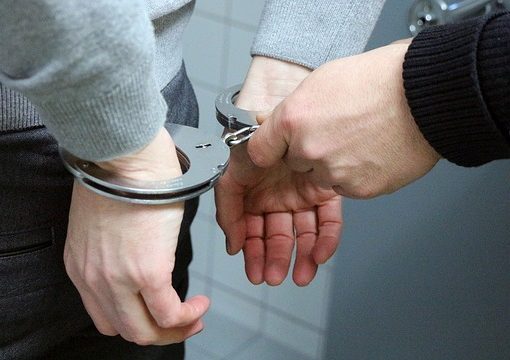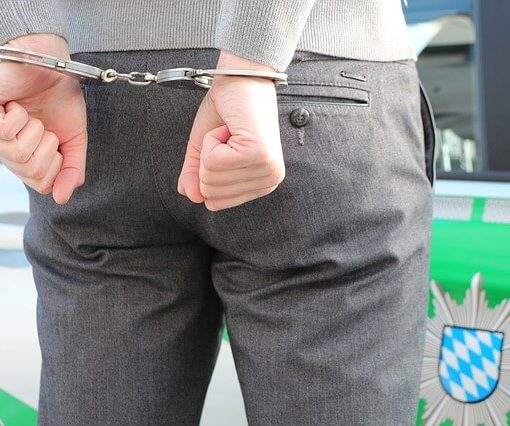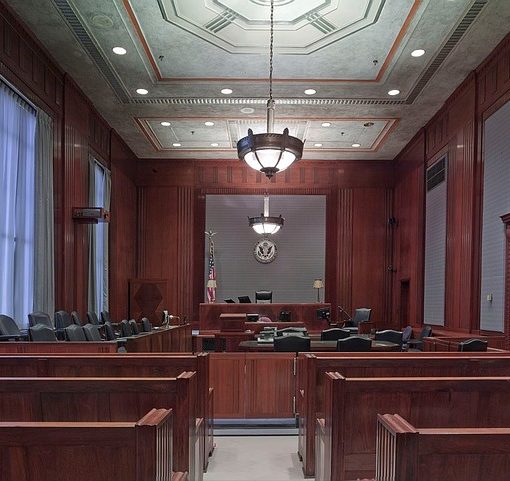
Should I talk the police at all in Texas? Do I have a choice?
You were pulled over by the police and the next thing you know the police were asking you questions about the contents of your vehicle and you tell them that you have drugs in your car. The officers look in your car and find the drugs. Before you know it, you are being booked into the county jail.
Evidence collected by the police and your statements can usually be used against you in court, but if the evidence or statement was illegally obtained then the statement can be suppressed (not used). But you have to ask for the evidence to be suppressed otherwise it can be used against you, even if it was in fact obtained illegally!
If you or somebody you know has been in this situation, it is imperative that they get an experienced, criminal law board certified attorney like Eric Nickols and Harry White at Nickols & White, PLLC.
Motion to Suppress
A motion to suppress is a document that a defense attorney drafts and files for their client. The purpose of the motion to suppress is to ask the judge to throw out the evidence, whether it is physical evidence or statements, because the evidence was obtained in violation of the U.S. Constitution, the Texas Constitution, or Texas law.
If the judge rules that the evidence was obtained illegally, then the evidence cannot be used against you in trial. Often, a granted motion to suppress will result in a dismissal of the case, but it depends on the facts of the case and what evidence the judge suppressed.
For instance, if a confession was obtained illegally after police conducted a legal traffic stop that resulted in the seizure of drugs, then the suppression of the confession will not hurt the state’s case enough for it to be dismissed. However, if the traffic stop that led to the finding of the drugs is suppressed, then the State loses all of the evidence and is likely to dismiss the case.
What is Illegally Obtained Evidence?
The Exclusionary Rule provides that evidence obtained illegally cannot be admitted as evidence in trial against the accused. Evidence is illegally obtained when it was obtained in a way that violates the U.S. Constitution, the Texas Constitution, or Texas law.
The Fourth Amendment of the U.S. Constitution, the Texas Constitution and relevant Texas law all protect people from unreasonable searches and seizures. Also, the Fifth Amendment of the U.S. Constitution and relevant Texas law protect individuals from being compelled to incriminate oneself.
There are several standards stemming from the 4th and 5th Amendments that police have to abide by before they conduct a search or question individuals. However, it is important to remember that a search is lawful if you give police consent to search and you are not required to consent when they ask. Further, when police interrogate you once you are in custody, you do not have to answer their questions.
Police are required to read Miranda warnings to someone in custody prior to doing any interrogation. If they fail to read these warnings prior to custodial interrogation, then statements made by the defendant could be suppressed.
Examples of Illegally Obtained Evidence
- A traffic stop was made without reasonable suspicion. In order to pull a vehicle over, a police officer needs reasonable suspicion, or specific articulable facts, that an offense occurred, is occurring, or about to occur. (Note: this includes traffic violations) For example, John gets pulled over while driving on I-20, and the officer says John was speeding. He is nervous and when the officer asks to search the vehicle, John says, “sure.” The officer finds a ziploc bag of weed in the back seat. But, John’s lawyer was able to get the weed suppressed because the officer’s dash camera revealed that John was going below the speed limit.
- Police did not provide Miranda Warnings before questioning someone in their custody. Let’s say Sally was arrested for assault. While the officer has Sally handcuffed in the back seat of his car, he asks Sally, “Why did you hit her?” Sally responds and admits to the assault. Sally’s lawyer was able to get Sally’s statement suppressed because the officer never told Sally her Miranda warnings before questioning her.
- Police searched beyond the scope of the search warrant. Officer Brown obtained a search warrant for Dale’s home to look for evidence of a stolen 72” television that was stolen from Walmart. He goes to the home and begins searching in closed small dresser drawers and looked inside the washer and dryer. The officer found drugs in the dresser draws and large amounts of cash in the washer and dryer. Dale was then charged with manufacturing and delivery of narcotics. Dale’s lawyer was able to get the drugs and cash suppressed because Officer Brown searched beyond the scope of the search warrant. A 72” television cannot be found in a dresser or a washer or dryer.
How does the process work?
First, the incident in question is investigated by your defense attorney. Then, a motion to suppress is drafted and exhibits are prepared.
Next, the motion to suppress is filed with the court and the prosecutor (the State’s attorney) is given a copy. The prosecutor can file an objection or response to the motion to suppress which is usually where the prosecutor argues why the evidence was obtained legally.
If a hearing was requested, then a hearing on the motion to suppress is had. This will occur in the courtroom, and the defense attorney will argue why the evidence should be suppressed and the prosecutor will argue why it was not obtained illegally.
In most criminal cases, the burden is on the prosecutor to prove its case. But in a motion to suppress hearing, the burden is on the defense because they have to prove that the evidence was obtained illegally.
***
Motions to suppress are important tools that a defendant can use. As mentioned above, a successful motion to suppress could lead to the case being dismissed. Therefore, it is essential to have an experienced criminal defense attorney that knows how to draft a successful motion to suppress like the board certified criminal defense attorneys at Nickols & White.




